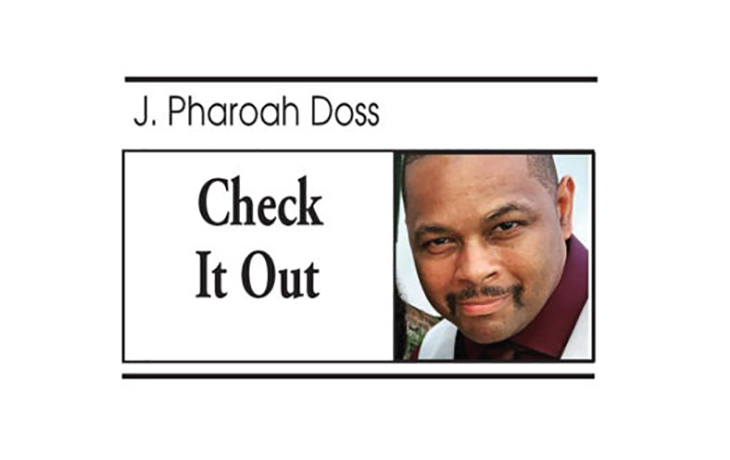Vintage illustration shows a religious service in America among a diverse African-American congregation. Getty Images Stock Photo
A few months ago, the Florida State Board of Education released its new African American history standards. A section of the curriculum examined the various duties and trades of slaves. The document then instructed educators to include how slaves developed skills that, in some instances, could be applied for their personal benefit.
This simple fact sparked a nationwide controversy.
Opponents of the Republican governor of Florida immediately distorted the facts and accused the state of teaching children that slavery was beneficial for African Americans. Other critics asserted that Florida’s new curriculum distorts history and minimizes the atrocities of slavery.
The new Black history curriculum in Florida did not distort the past and acknowledged the atrocities of slavery, but the general public believed the false claims of the critics.
Faith in Florida, a non-profit coalition of religious institutions, compiled a “toolkit” of reading material and videos so churches can teach “raw and real” Black history in response to their state “distorting” it.
Black pastors throughout Florida insisted that the church had no alternative but to correct the state’s distortions of Black history in their Sunday schools and pulpits. One Black pastor stated, “Whenever there has been any kind of movement, particularly in the African American community, it began in the house of God.”
The pastor is correct, but the “movements” he mentioned were to secure civil rights and abolish discriminatory laws. The historical Black church is lauded for these “movements” because they were righteous responses to unjust treatment by the White establishment; however, the Black church’s response to injustice has overshadowed its educational record.

Following the Civil War, many Black churches served as both places of worship and educational institutions. They taught history to combat the White supremacist belief that Africans had made no contribution to civilization, but illiteracy was the greatest issue the Black church sought to solve. The historical Black church felt that the advancement of the next generation was their primary social responsibility.
Since computer literacy has supplanted the notion that reading is fundamental in the 21st century, it is presumed that students are not only taught to read but also read at grade level. However, this notion is just as false as the criticism leveled against Florida’s new African American history curriculum.
According to the National Center for Education Statistics (updated for 2023), one in five adults in the United States possesses inadequate literacy skills. 35 percent of low-literacy individuals are White, 23 percent are Black, 34 percent are Hispanic, and 8 percent are other races. The National Center for Education Statistics ranked the five states with the highest and lowest rates of literacy.
Florida ranked third among the five states with the lowest rates of literacy.
In 2022, Florida Phoenix, a non-profit news website, expressed concern over the state’s literacy results. Only 25 percent of third graders were proficient readers. The executive director of the Foundation for Florida’s Future stated, “Teaching our children to read at grade level by grade 3 is the underpinning of every student’s pathway to lifelong success, and it is why the decline in grade 3 reading results is troubling.”
It is even more troubling that Black pastors in Florida did not use their churches to address the issue of low literacy rates amongst Florida’s children. A year later, however, these same Black pastors decided that they had no choice but to establish a campaign to counter the state’s distortions of Black history.
Worse, the media continues to print wonderful headlines about how Black churches in Florida are standing up to teach historical truths, but the truth is that this movement isn’t a response to any injustice; it’s a politicized overreaction to false accusations about a curriculum in the name of “social justice.”
The media promotes the idea that by teaching Black history, these Black pastors are performing the historical function of the Black church, but in reality, these pastors are avoiding it.